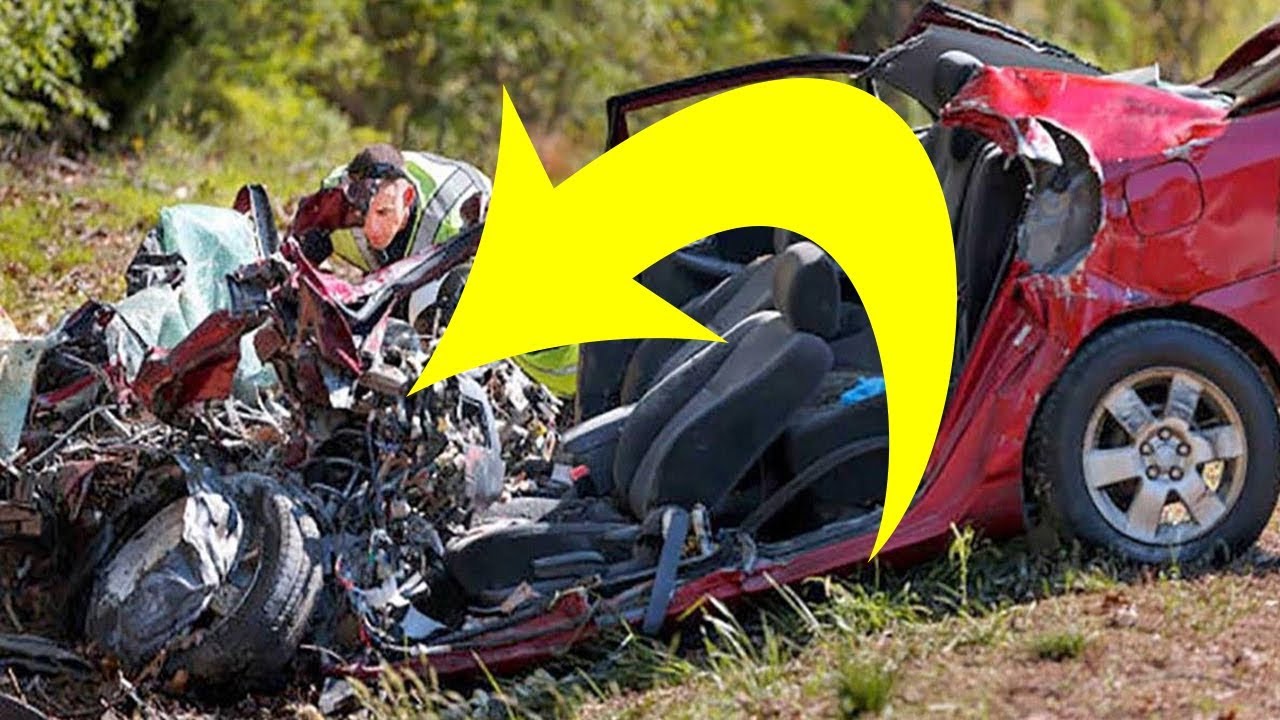Nikki Catsouras was a young woman whose tragic accident in 2006 led to a series of events that would forever change the way we view online privacy and the sharing of sensitive images. Her story has become a poignant reminder of the consequences of digital media, as her images circulated widely online, sparking debates about consent, ethics, and the responsibilities of those who share such content. This article delves into the life of Nikki Catsouras, the circumstances of her accident, and the aftermath of the images that were shared without her family's consent.
Nikki’s story is not just about a tragic event; it also highlights the dangers of the internet and the permanence of digital footprints. The images associated with her accident have raised questions about morality and the psychological impact on families of victims. In exploring the nuances of Nikki Catsouras images, we uncover the broader implications of online behavior and the importance of empathy in a digital age.
In the following sections, we will explore Nikki's biography, her family's fight for justice, and the ongoing conversation about consent and digital privacy. Join us as we navigate through this sensitive topic, shedding light on the human stories behind the headlines.
Read also:Visualize Iot Data Unlocking Insights For Smarter Decisions
Who Was Nikki Catsouras?
Nikki Catsouras was born on March 11, 1988, in California. She was described by her friends and family as a vibrant young woman with dreams and aspirations. Her life was cut short in a tragic car accident on October 31, 2006, when she lost control of her father's Porsche and collided with a toll booth. The aftermath of this tragic event would have lasting repercussions, not only for her family but for the way society handles sensitive images online.
Nikki Catsouras Personal Details and Bio Data
| Detail | Information |
|---|---|
| Full Name | Nikki Catsouras |
| Date of Birth | March 11, 1988 |
| Date of Death | October 31, 2006 |
| Place of Birth | California, USA |
| Occupation | Student |
| Family | Parents: Ernie and Dorice Catsouras |
What Happened After the Accident?
The immediate aftermath of Nikki's accident was a whirlwind of grief for her family. However, the situation escalated when graphic images of her accident began to circulate online. These images, which were taken by first responders, were shared without the consent of her family and quickly spread across various social media platforms and websites. The Catsouras family was horrified, not only by the loss of their daughter but also by the violation of their privacy.
How Did the Catsouras Family React?
In response to the unauthorized sharing of Nikki's images, her family took legal action against several parties, including the California Highway Patrol, claiming that the images were shared inappropriately. They sought justice not only for themselves but also to raise awareness about the importance of consent in sharing sensitive content. Their battle highlighted the need for better regulations surrounding the sharing of images, especially those that could be deemed distressing or graphic.
What Legal Actions Were Taken?
The Catsouras family pursued a lawsuit against the California Highway Patrol for emotional distress and invasion of privacy. They argued that the images should never have been released to the public, and that their daughter’s dignity should have been preserved. While they faced numerous legal challenges, their determination to protect Nikki's memory and advocate for victims' rights became a rallying point for discussions around privacy laws in the digital age.
Why Are Nikki Catsouras Images Still Relevant Today?
The case of Nikki Catsouras continues to resonate in today's society as discussions about online privacy, consent, and the permanence of digital content become increasingly relevant. The implications of sharing graphic images without consent have sparked debates in legal circles and among digital rights advocates. Nikki's story serves as a cautionary tale about the potential consequences of our online actions.
What Can We Learn From Nikki's Story?
- The Importance of Consent: Sharing images without permission can have devastating effects on individuals and families.
- Digital Footprints: Once something is shared online, it can be nearly impossible to remove it entirely.
- Empathy in the Digital Age: We must remember that behind every image or post, there is a real person with feelings and loved ones.
- Advocacy for Change: Nikki's case has inspired discussions about the need for stronger laws regarding privacy and the sharing of sensitive content.
How Has Society Changed Since Nikki's Tragedy?
In the years since Nikki's accident, there has been a growing awareness of the need for digital etiquette and respect for individuals' privacy. Various campaigns and initiatives have emerged, aimed at educating the public about the consequences of sharing sensitive images. Furthermore, the legal landscape surrounding privacy rights has evolved, prompting discussions about the need for clearer regulations in the digital realm.
Read also:Klass Francisks Sotwe A Comprehensive Guide To Understanding His Impact And Legacy
What Are the Ongoing Conversations About Digital Privacy?
The conversations surrounding digital privacy continue to evolve, with many advocating for stronger protections for individuals, especially in cases involving graphic or sensitive content. Activists emphasize the need for educational programs that address the ethical implications of sharing images online and encourage individuals to think critically about their digital actions.
Conclusion: Remembering Nikki Catsouras
The story of Nikki Catsouras is a tragic reminder of the fragility of life and the permanence of digital content. While her images may serve as a stark reminder of that fateful day, it is essential to remember Nikki as a vibrant individual with dreams and aspirations. Her legacy continues to provoke thought and inspire change in how we approach privacy and consent in the digital age.
As we reflect on the impact of Nikki Catsouras images, let us strive for a more compassionate and respectful online environment, where the dignity of every individual is upheld, and their stories are told with the care they deserve.


